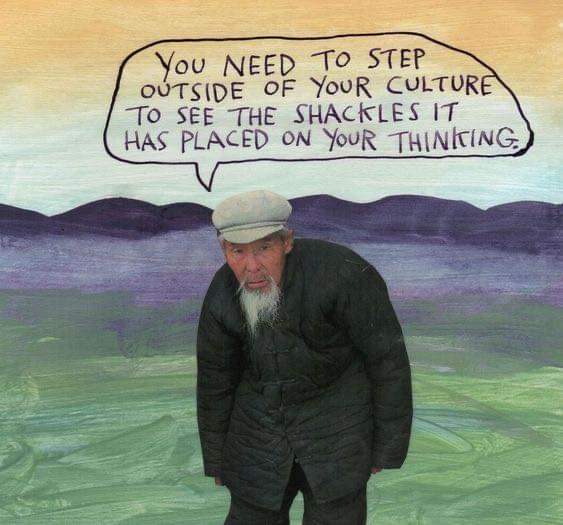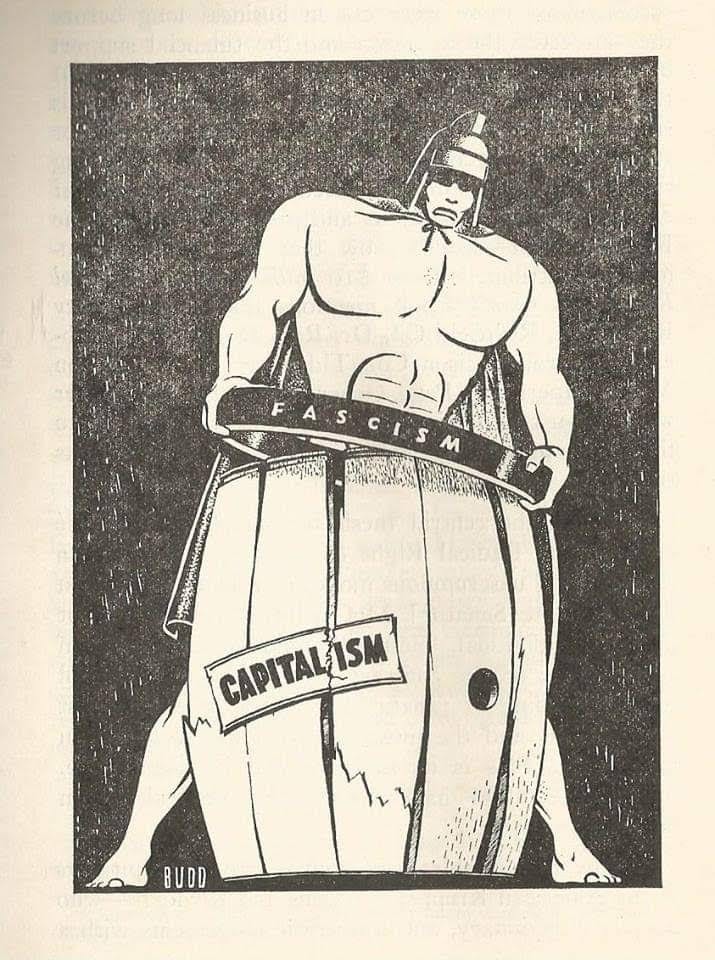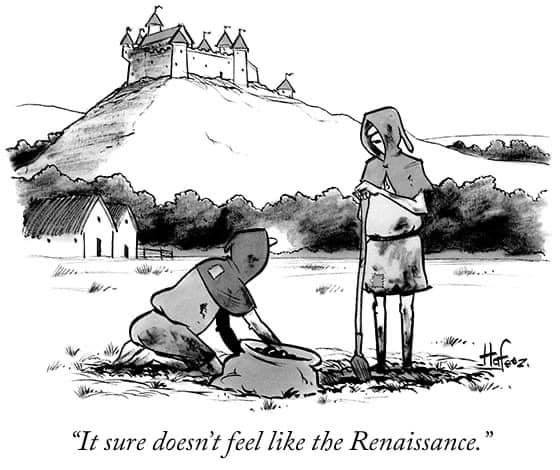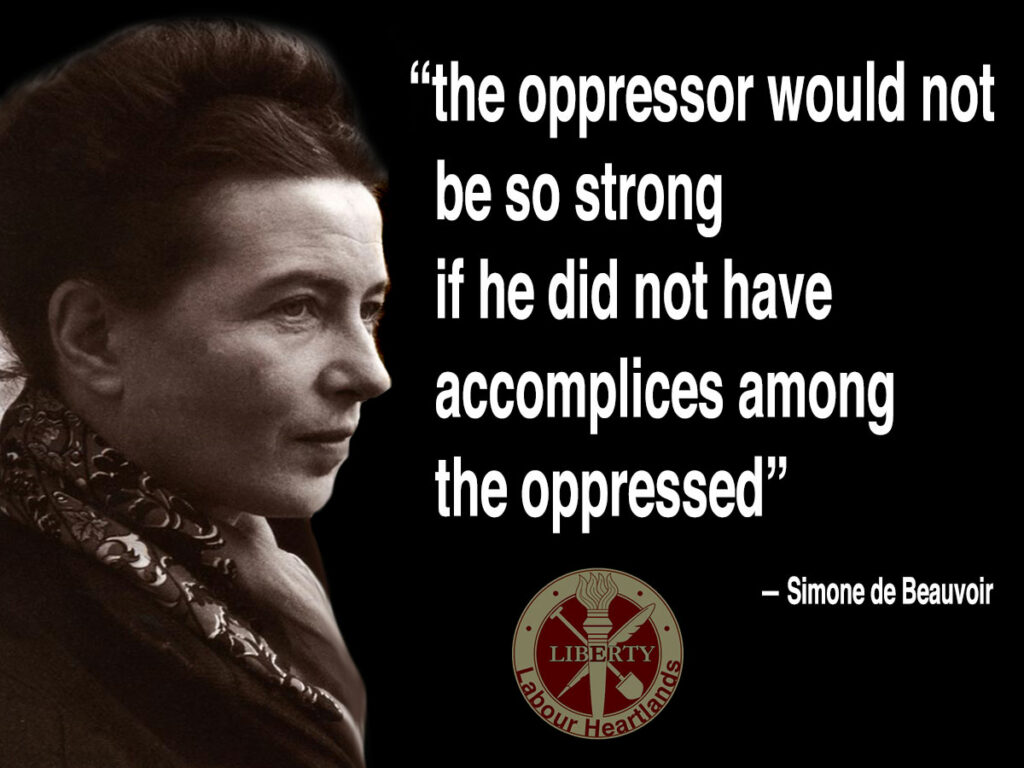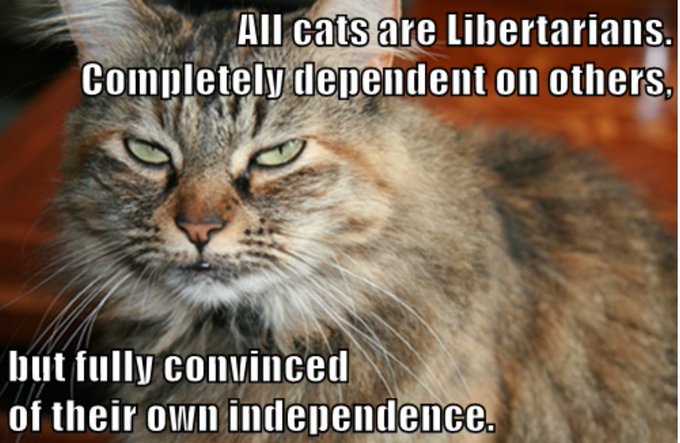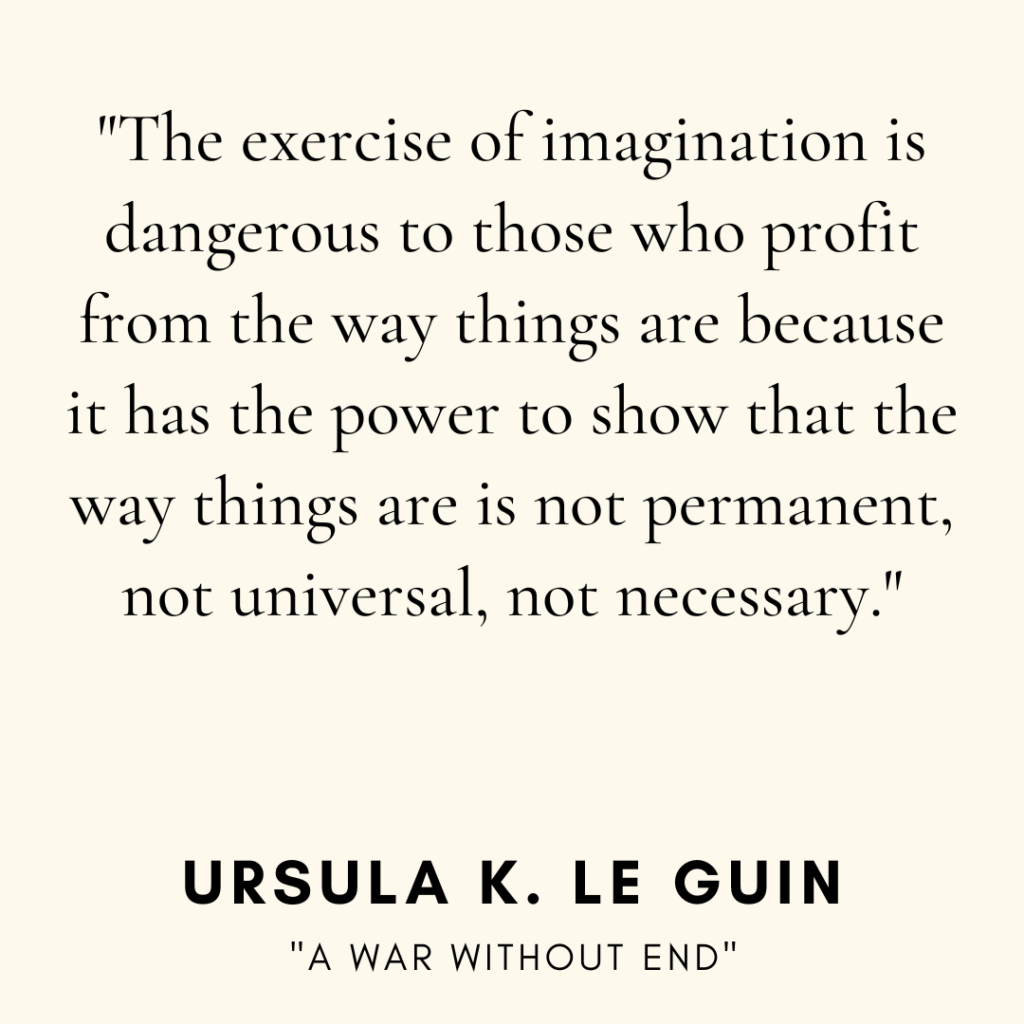Let’s be honest about something we usually skate around. Many of our #fluffy activist friends are not fighting for change. They are fighting for equality of access to the existing system. That system is the #deathcult – growth, extraction, hierarchy, control – and most progressive mainstream activism is about making that worship fairer, nicer, more inclusive. More seats in the temple, better language on the altar, safer rituals for those already kneeling. This is not transformation, it is managed inclusion.
And yes, this work can have real, immediate value for people suffering now. That matters. But we need to stop pretending it is the same thing as change and challenge. Equality within a system is not the same as escaping the system.
Most #mainstreaming activism, accepts capitalism as inevitable, state power as the horizon, extraction as the price of living, climate collapse as something to be “managed”, this leads them to except platforms, NGOs, and institutions as arbiters of legitimacy. Then the limit is to ask politely for representation, protections, funding, visibility. This is reformist harm reduction, not the liberation we need. We need to say this out loud, more, because this “confusion” currently is #blocking real alternatives. When people who want out are constantly blindly told to slow down, be safer, be nicer, be more legible, be more fundable, the result is paralysis.
The #OMN path is not about polishing this mess, or making oppression more diverse, it’s in no way about optimising injustice. It’s about walking out of the temple, even when that feels irresponsible, unsafe, or unrealistic.
This Is where the friction comes from: pushing for messy governance and mediation instead of blocking, use-value over branding, affinity over scale, action over commentary. We are simply refusing to confuse survival within the system with escape from it. That refusal makes people uncomfortable – especially those whose activism is already recognised, funded and socially rewarded.
A simple test: Ask this of any project, campaign, or platform – Does this help people stop worshipping the #deathcult? Or does it help them worship it more safely? If the answer is the second, be honest about it, don’t lie by call it radical, don’t call it transformative, don’t call it challenge. Be honest, call it what it is, continuity, for all our sakes we need to say this clearly, even if it costs social comfort.
Because real change and challenge has always been unpopular – especially with those most invested in making the current mess feel livable.

We need to balance this mess – a diversity of agendas ≠ winner-takes-all politics. Different projects are based on different agendas – and that diversity is not a weakness, it’s a survival trait. Winner-takes-all politics (electoral, market, platform, narrative) flattens this into a single metric of success: scale, growth, legitimacy, dominance. That logic is a social and ecological disaster, as it pushes everything toward monoculture, and monocultures always collapse.
The mistake is assuming that coordination requires uniformity – it doesn’t – what it requires is tolerance of difference plus shared boundaries. This is what “diversity of tactics” originally meant before it was watered down into a slogan. This is why: “acceptable rebels” are celebrated after they succeed, “useful weirdos” are allowed once they prove value to the system, everyone else gets disciplined, marginalised, or erased.
But what really matters is social context, not the tool. The problem now is that: individual self-destructiveness has scaled up, systems amplify harm faster than reflection, ecosystems are the casualty. This is why “just let people choose” no longer works, choice without structure leads to collapse.
In this mess, the #stupidindividualism reaction of #blocking is just displaced survival energy, blocking energy that takes up the space that needs to be filled with creativity. Blocking is not strength, it’s defensive overload.
In most cases, blocking emerges from damaged or threatened sense of self, lack of any working mediation structures leading to fear of being overwhelmed or erased. This happens when people don’t trust processes, they rely instead on hard personal boundaries, then when people don’t trust themselves, they externalise control.
#Blocking becomes a way to regain agency, stop cognitive overload, avoid unresolved conflict and preserve identity under pressure. It’s not a moral failure, as much as a systemic trauma response. But it is also creativity-killing.
Why blocking scales and creativity doesn’t. Blocking scales easily: fast, binary, emotionally satisfying, requires no social labour. Where creativity is slow: relational, risky, ambiguous and requires trust and time. So in high-stress environments, #blocking wins by default. This is why systems that rely on blocking alone cannot generate alternatives, they only fragment.
A weak sense of self? Yes, but it’s socially produced, not individual pathology, it’s produced by: platform hostility, collapse of community memory, loss of intergenerational skill transfer, constant precarity leading to only performative politics replacing any lived practice.
People are asked to be everything – safe, radical, inclusive, legible, pure – with no tools like the #OMN to manage contradiction. Blocking becomes the last remaining control lever.
In this mess, how do we communicate “diversity of tactics”? Not only as tolerance, as ideology, but more usefully as infrastructure like the #OMN projects which have soft boundaries before hard ones, based on affinity as much as agreement, you don’t need shared beliefs to work together, you need shared purpose locally.
This leads to the uncomfortable truth, that creativity doesn’t emerge from safety, it emerges from bounded risk. Too much danger = collapse. Too much safety = stagnation. What we have too much of today is safety theatre covering structural fear. The path out of this is that people need to develop a stronger, not weaker, sense of self, one that can survive disagreement without disappearing. That’s the real work.






